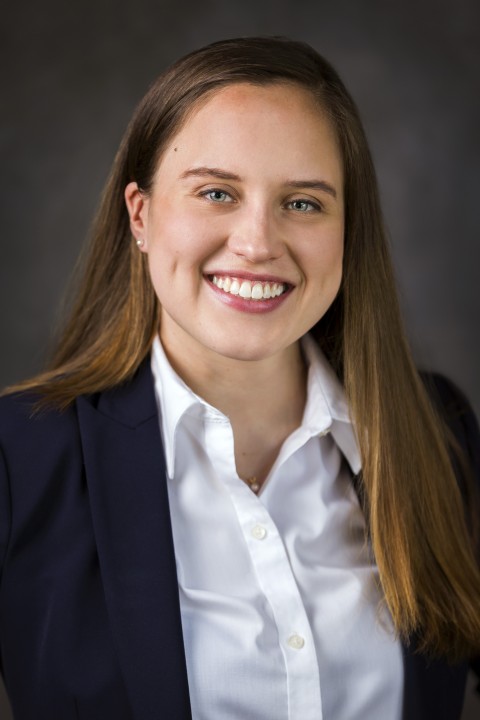Emily Beltran’s interest in biology began in high school and has since led her to labs all around the world, from Rehovot, Israel and Paris, France to New York City and Chicago. After earning a B.S. in Biological Sciences from the University of Chicago in 2017, she returned to the city this year as a medical student at Rush Medical College. Next, Beltran—recently named an NIH Oxford-Cambridge Scholar—will head to the UK to begin a PhD in biomedical research at the University of Oxford. There, she will study the intersections of science and medicine on a global level, building on the passion for research she developed while a student in the College.

The NIH Oxford-Cambridge Scholars Program offers exceptional science students the opportunity to undertake accelerated, individualized doctoral training in the UK. The 10-15 students selected from across the US each year receive full funding for their MD, PhD and NIH appointment, and have access to resources from all three participating institutions.
“At such an early stage in your career to be able to forge these international collaborations is a really unique aspect to this program,” Beltran said. “Through that process you develop different kinds of leadership and management skills that you wouldn’t necessarily in a traditional PhD program.”
“Emily represents the best of UChicago; she was a focused and determined student, but also courageous in forging her own path,” said Nichole Fazio, director of the College Center for Research and Fellowships, who supported Beltran in the application process. “In addition to her remarkable research and academic record, I expect it was this courage that stood out to NIH Oxford-Cambridge selection committee and we are very proud of her efforts.”
Beltran’s path to this program was a unique one. While an undergraduate at UChicago, she completed the immunology specialized course sequence and became fascinated by the “profound role” of the immune system in our bodies and lives. Reflecting on her coursework, she noted that she would not have gotten this experience elsewhere: “You're not just memorizing molecules and pathways, you’re reading primary literature and learning how to think scientifically. That was a defining part of the sequence for me.”
As a second-year, Beltran joined the Cathryn Nagler Lab, where she studied in-depth the immunology of food allergies and went on to complete an honors research thesis. She attributes her decision to apply to the NIH-OxCam program in part to the independence she was granted while doing research at UChicago. “I wasn’t just working in the lab doing assays. I was actually at a very early stage, as an undergrad, really driving my own experiments,” Beltran recalls.